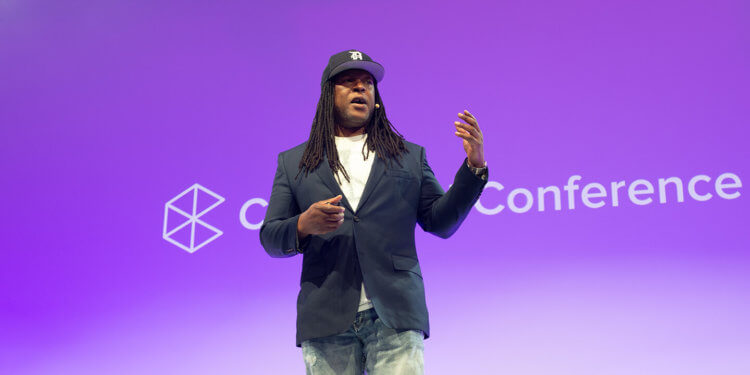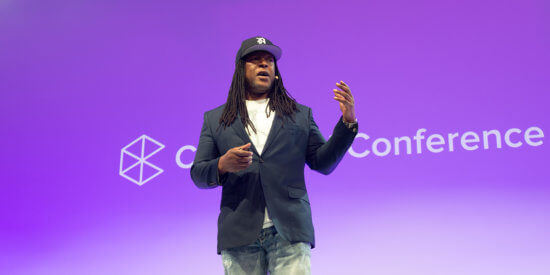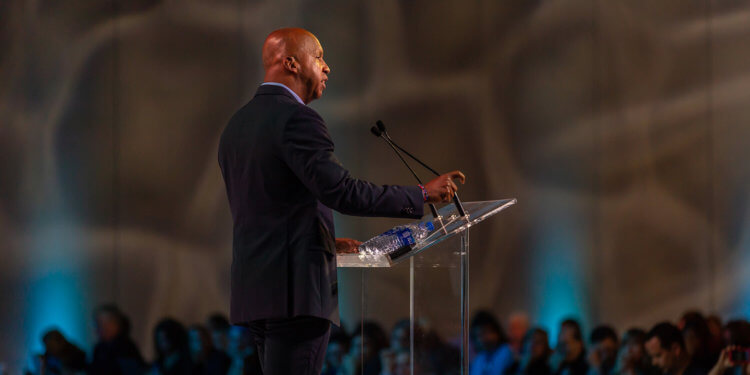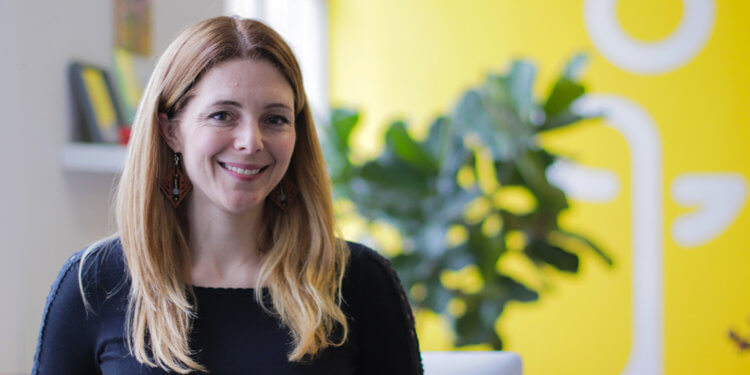How would you like to forever be defined by the worst thing you’ve ever done? That’s the reality for many who’ve been in the US prison system. But Shaka Senghor believes it doesn’t have to be that way.
Shaka is the President and Creative Director of Shaka Senghor, Inc. His memoir, Writing My Wrongs: Life, Death and Redemption in an American Prison, debuted on The New York Times and The Washington Post Best Seller Lists. He has taught at the University of Michigan and shares his story of redemption around the world.
Shaka gave an incredible keynote speech at the Clio Cloud Conference, and sat down to share his experiences and views in an interview with Clio’s Matters podcast. What stood out throughout our conversation was Shaka’s drive to restore humanity and dignity to those in prison by sharing their stories.
Here are some of the top takeaways from our interview—worth a read for any lawyer or legal professional who wants to improve access to justice.
1. Many of those in prison were once victims of crime themselves
Through his own experience, and through his work in the space of gun violence prevention, Shaka has learned that many people who end up in prison or end up committing acts of violence were actually victims of violence before they were ever perpetrators. When people are traumatized and don’t get the support they need, that trauma can manifest in unhealthy ways, and can lead to hurting others.
Shaka believes that it’s possible to break the cycle of violence by getting traumatized people the support they need.
“I’ve gone through a lot of traumatic experiences, but specifically I was shot when I was 17 years old and never received any treatment or an invitation to get treatment,” Shaka said. “That had a dramatic impact on my life in the sense that I began to carry a gun every day and eventually I used that gun and caused another man’s death based on my actions. It’s just a cycle of violence that can definitely be disrupted if we start ensuring that people get the type of care that they need when they’ve been through a traumatic experience.”
2. Many people plead guilty because they don’t see another option
The impacts of plea bargaining on the criminal justice system are well-documented, with very few cases going to trial and over 90% of felony convictions being the result of guilty pleas. As Shaka explains, many people plead guilty without going to trial—even if they’re innocent—because they don’t feel they have another choice.
“[People] plead out instead of going to trial because the prospect of going against a tight legal system when you have meager resources is daunting and a lot of people are just like ‘I don’t want to take that risk to end up with life [in prison] so I’ll take this one or two years,’ not understanding that just having a felony is a life sentence in itself because our society is so restrictive and unwilling to bend when it comes to helping people re-enter society,” Shaka said.
Charge stacking, the practice of prosecuting someone with multiple crimes for a similar offense, is another practice that puts excessive pressure on defendants who have few resources. “So many prosecutors will stack all these ridiculous charges over one incident, and then it forces people to plead to a lesser charge, and I think until we can fix that part of the system, we’ll always have people taking these ridiculous pleas.”
You may like these posts
3. There are vibrant, intelligent human beings in prison
When I asked Shaka about what surprises people most when he talks about his experience, he said that people are always shocked by the level of genius and creativity of those in prison.
“What they often don’t really understand is that people land in prison for a variety of reasons that doesn’t always necessarily include them being bad people,” Shaka explained. “I’ve taken a lot of people inside prison and they’re always shocked at the men and women that they meet inside. Once they start to hear the stories and the backstories and the trauma that people have been through, it really awakens something in them.”
Shaka strongly believes that sharing the stories of those impacted by the justice system will help humanize the issue and draw more support for reforming the system. “As Bryan Stevenson always talks about, if you bring people in proximity to the issue, their perspective is never the same,” Shaka added. “So I try to bring as many people in proximity to it as possible.”
What can lawyers do about this? According to Shaka, they can get to know their clients better, whether by interacting with them more frequently or engaging with the communities they’re a part of. Part of becoming a client-centered law firm means learning about a client’s whole experience, and it’s this level of empathy and connection that will help us reach better solutions for justice.
“I think it’s important for us to really just create spaces for people of dissimilar backgrounds to get together and figure out how to design a better world,” he said.
Shaka discusses these points and many more in a recent episode of Matters. Listen in to learn more about Shaka’s experiences and his views on the role lawyers have to play in improving access to justice.
We published this blog post in November 2019. Last updated: .
Categorized in: Uncategorized








